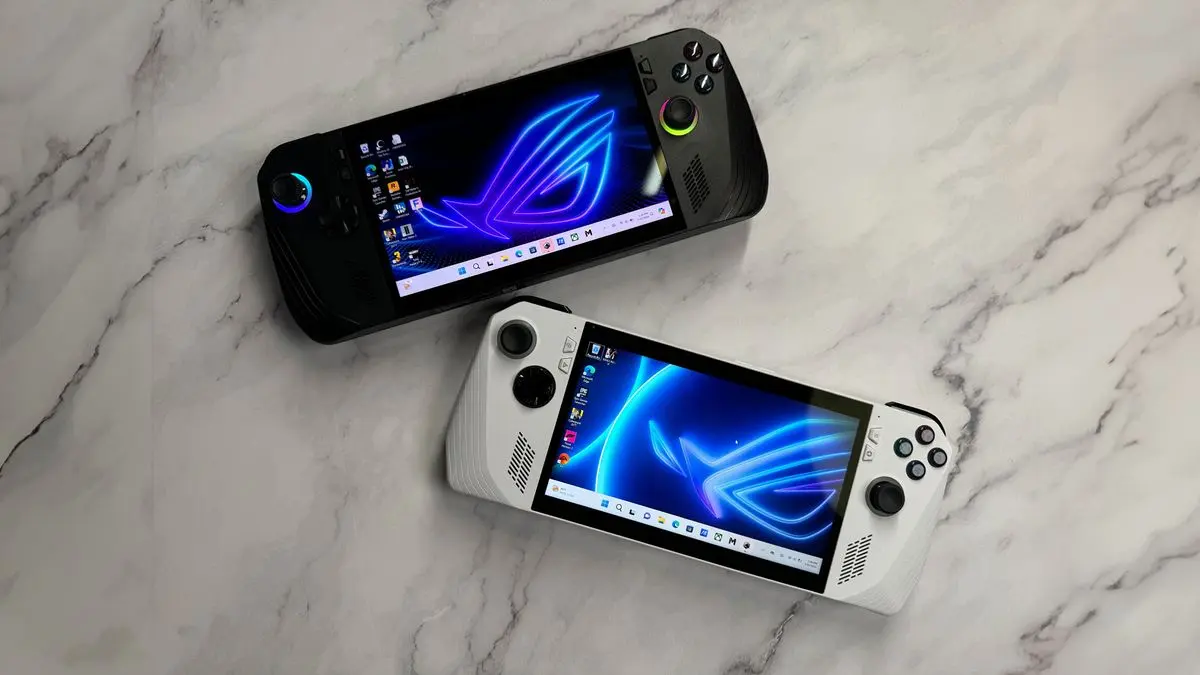- cross-posted to:
- pcgaming@lemmy.ca
- amd@lemmy.zip
He specifically cited bad battery life on the ROG Ally and Lenovo Go, saying that getting only one hour of battery life isn’t enough. The Steam Deck (especially the OLED model) does a lot better battery wise, but improving power efficiency should really help with any games that are maxing out the Deck’s power.



Well, Nvidia and Intel does that too, and I think Sony added an AI chip to the PS5 Pro for their new AI upscaler as well. We can already run AI calculations on our GPU without AI accleration, but that is not as fast. I have no numbers for you, only the logic that optimized software to use optimized AI chips should run more efficient and faster, without slowing down the regular GPU work. Intel is in this hybrid state, where they support both. One version of XESS can run on all GPUs, but that is worse than XESS specialized for Intel GPUs with their dedicated AI accelerators.
Those upscaler you linked are only upscaling non interactive video or single frames, right? An AI upscaler on live gameplay takes much more into consideration, like menus, specific parts of the image being background and such. These information are programmed into the game, so its drastically different approach from just images upscaling, which wouldn’t be different than FSR 1 in such a case. But I have no clue about numbers and how it compares to a solution like that.
I don’t think this is a decision they just made recently and probably was planning long before they even started on FSR 4, plus they were already working for 12 months or so on it (allegedly). I think AMD “needs” to do this AI offloading, because market demands it, traditional solution didn’t workout as hoped and maybe in co operation with Valve, Microsoft and other vendors. On the other side, this AI acclerator could be used for anything else than upscaling as well, as Nvidia demonstrated.